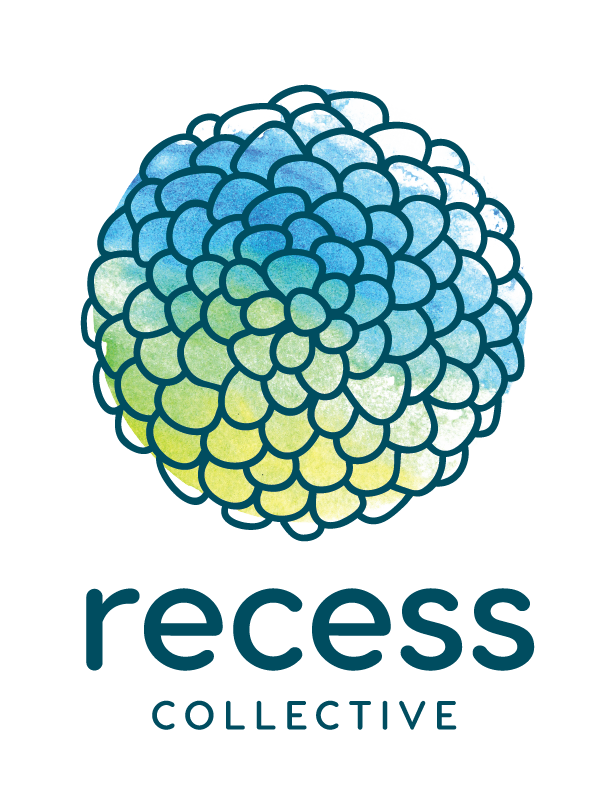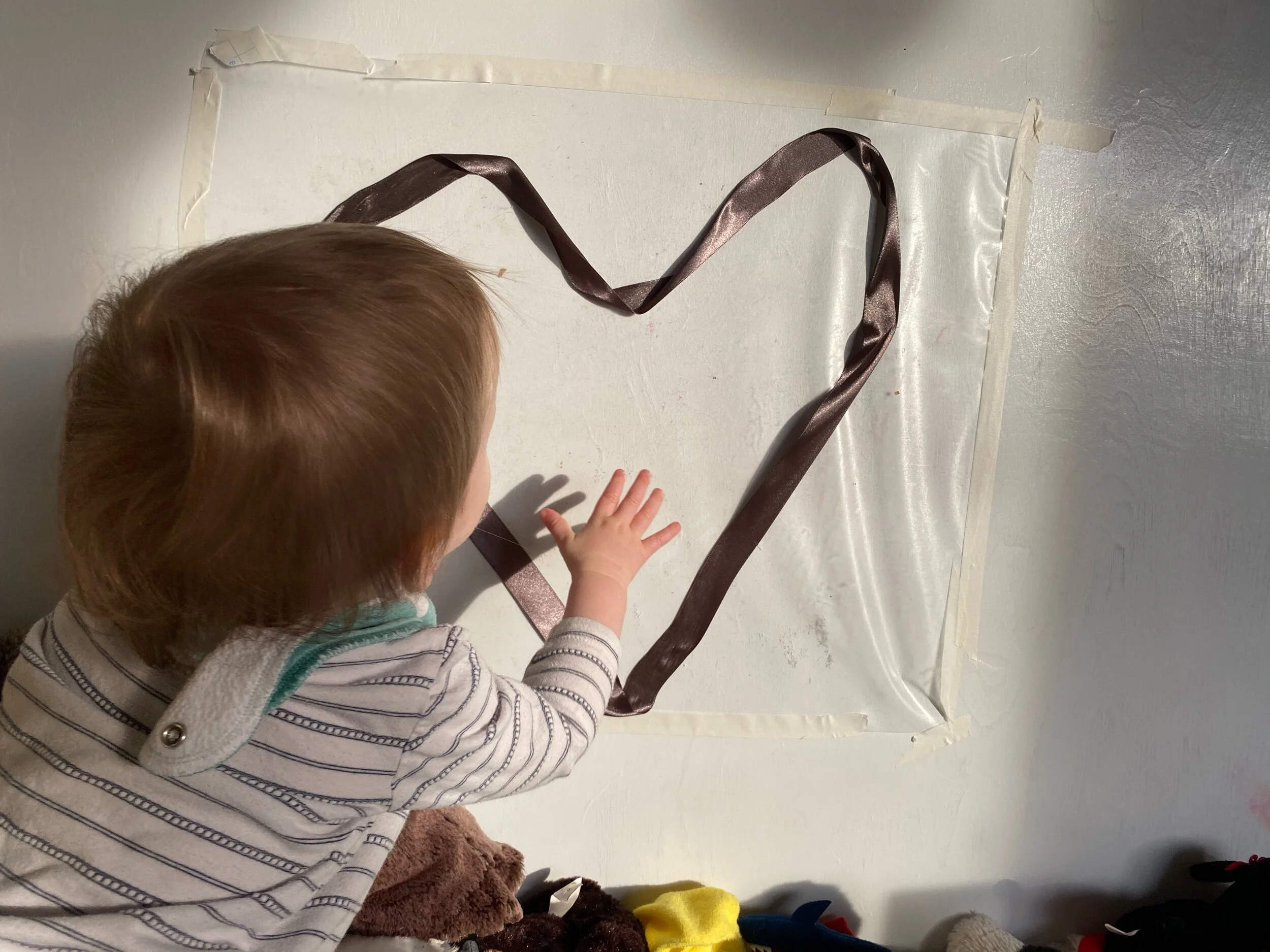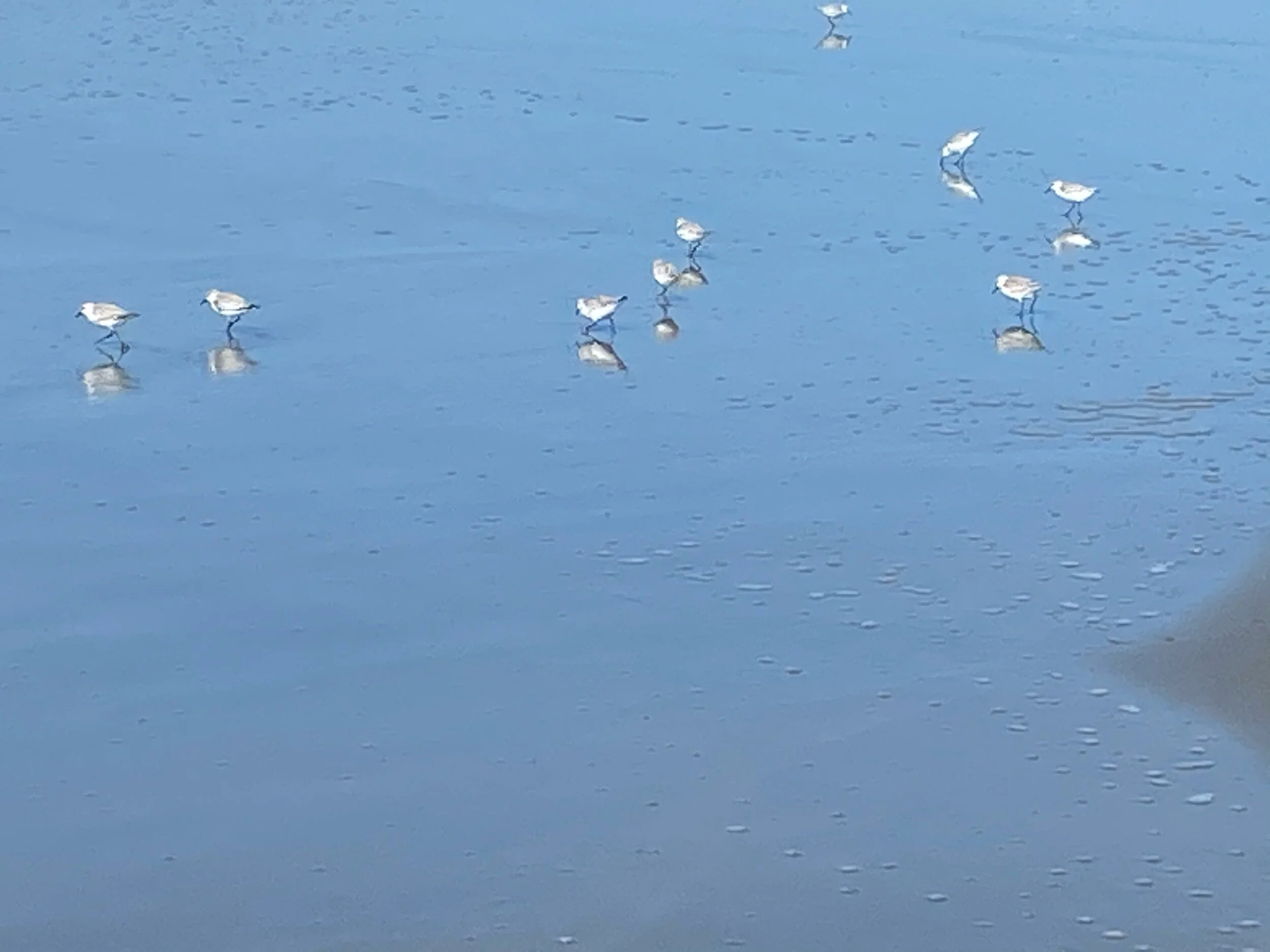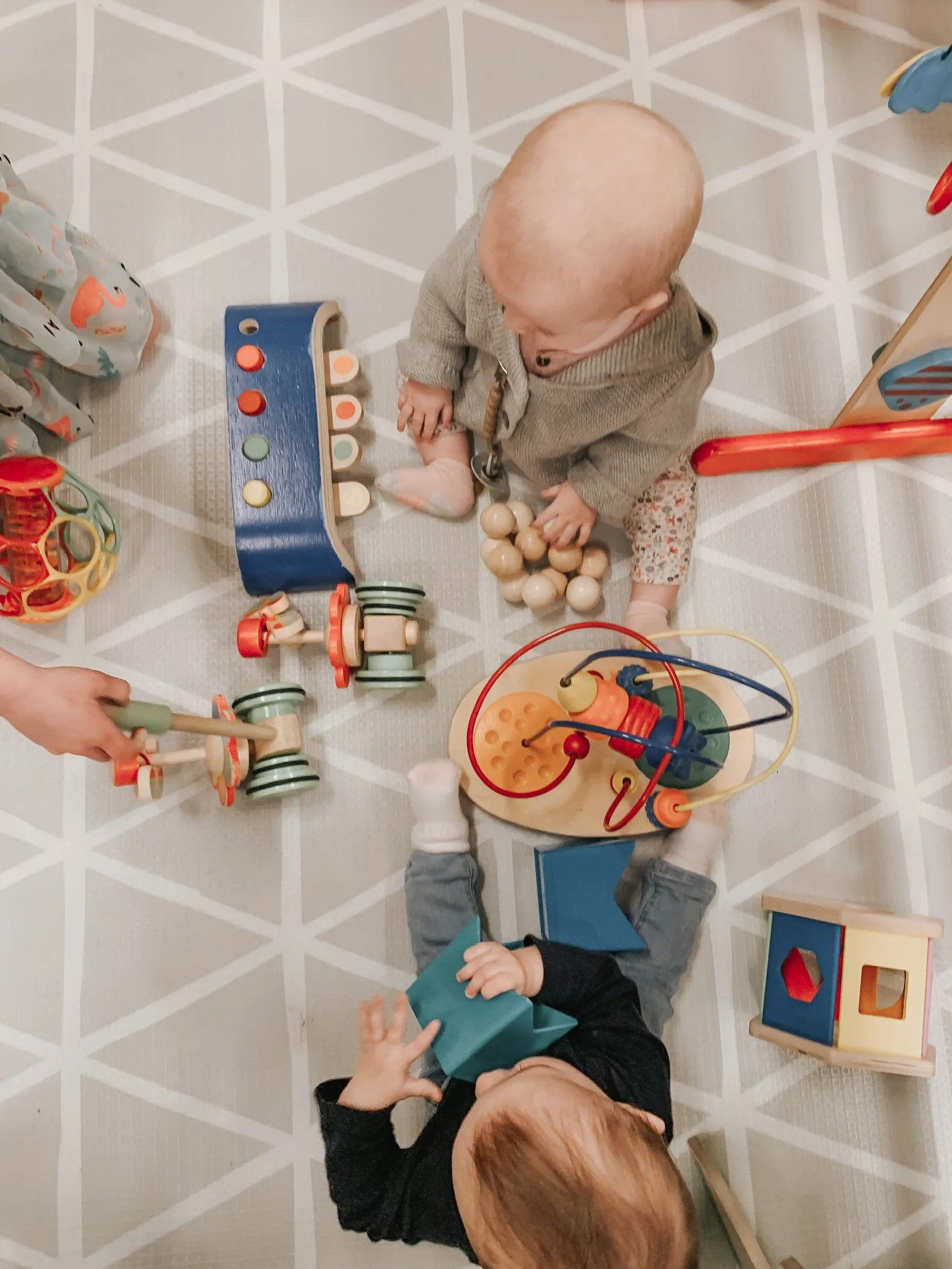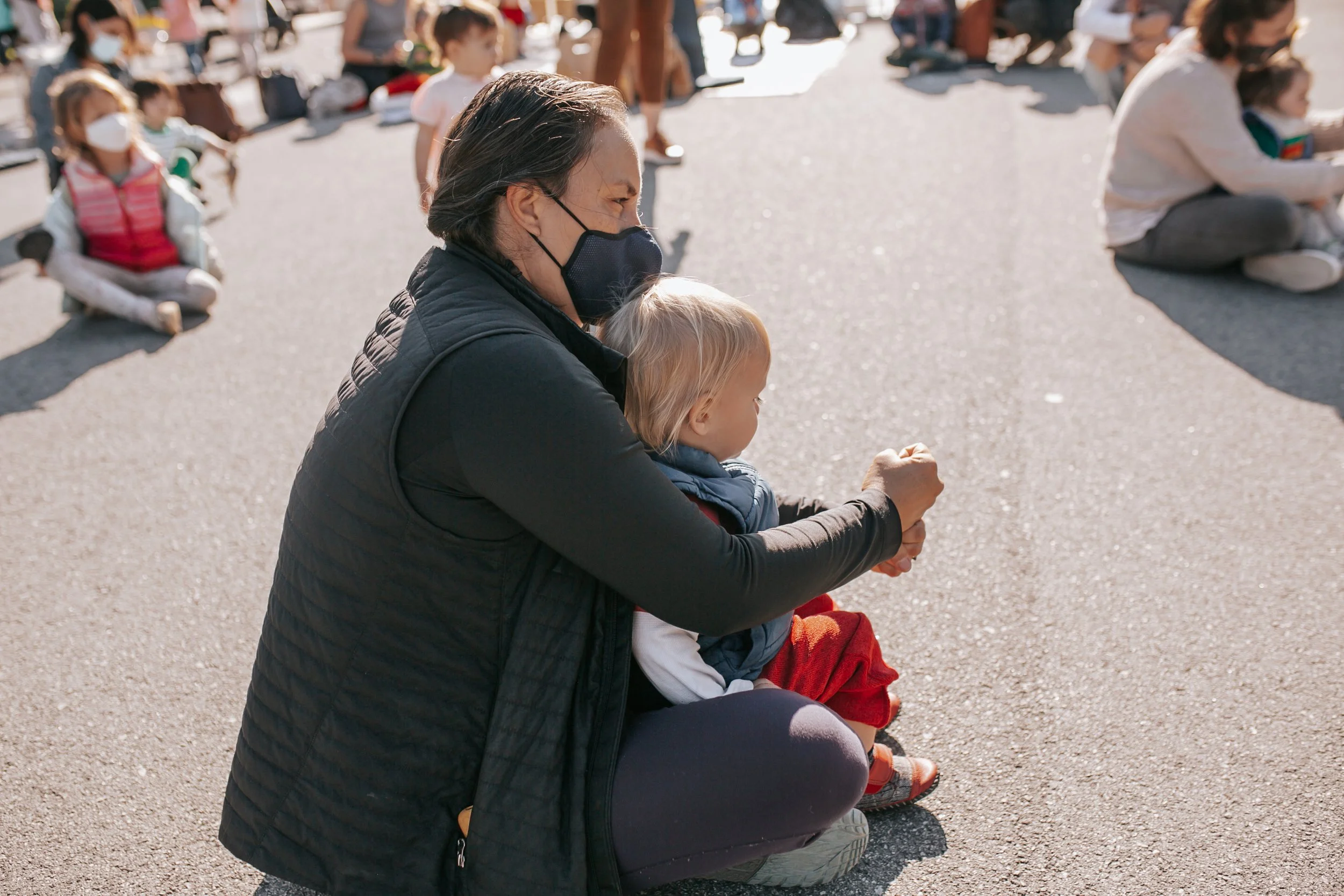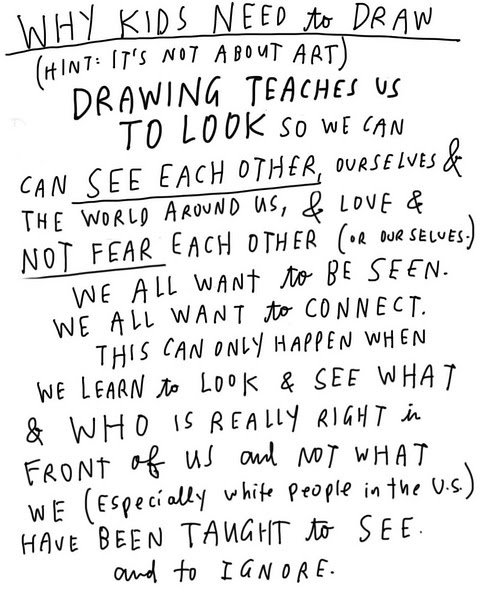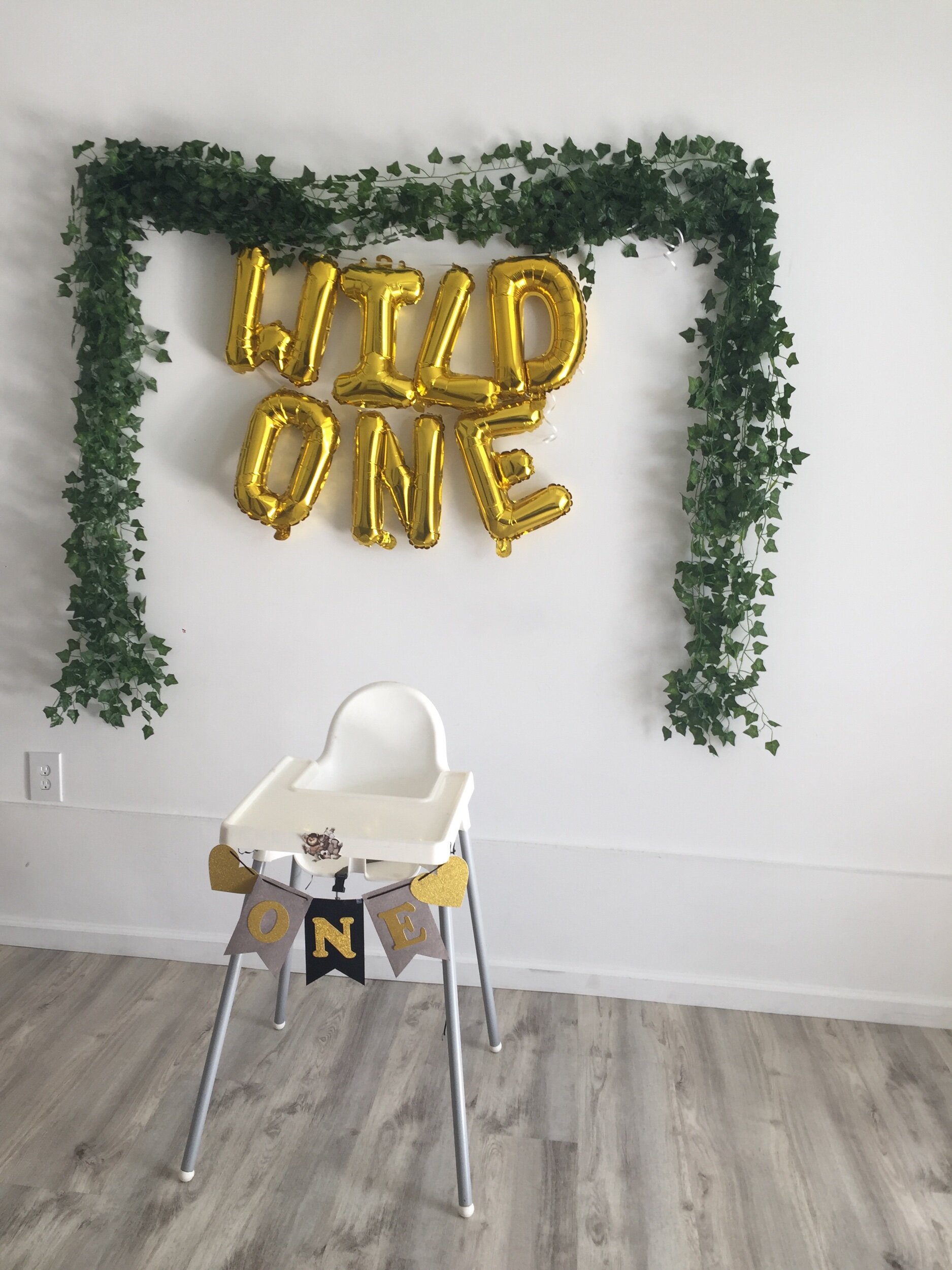Every one of us has a role in the work of anti-racism. It’s our job, and our time, to not only be outraged, but to act. We each have an obligation to act against the racist violence intertwined with the fabric of society. This is the time to show up, do the work, internally & externally, listen, learn your power & use it to create justice.
As parents raising the next generation, this is crucial work.
Here’s the thing, parents of black and brown kids know that instilling their kids with a sense of racial identity and talking about how racism will inevitably affect their lives -- and possibly even their safety -- are essential life lessons.
Parents of white kids, on the other hand, often don't feel the same pressure. But as racist violence continues to erupt, discussing race, racism, and the history of racial oppression in the United States and the world is just as essential for white families.
These are not easy conversations to have. Start early. Stay consistent. And stand for anti-racism in every interaction to show your children, by example, how to move through the world as an ally.
Let’s start now. If you are outraged today, take action for a different tomorrow.
Here are some ways to start the work with your child:
Common Sense Media and The Children’s Community School share some of the tips below as you talk about race with your child. Research shows that children as young as 6 months old recognize differences. Start the conversations early and consistently.
Teach your kid to be an ally
Learn about how white people can support people of color by being allies and then integrate these ideas into your conversations and actions with your kids. Talk through scenarios your kid might encounter online and discuss (and model) when it might be best to just listen, to call someone out, to amplify someone's voice, to share resources, etc.
Share mistakes you've made around talking about race and racism -- in person or online -- with your kids so they know it's OK to not be perfect or have all the answers.
Tips and Approaches
7 Things to Do When Your Kid Points Out Someone’s Differences, by Rachel Garlinghouse.
Talking With Children About Racism, Police Brutality and Protests, by Laura Markham.
6 Things White Parents Can Do to Raise Racially Conscious Children, by Bree Ervin.
Diversify your bookshelf & activities
Choose books and toys that include persons of different races and ethnicities. Look for stories featuring and written by people of color. Here are some places to start:
Let's Talk About Race by Julius Lester ( children's book)
What Can One Little Person Do?
Perhaps you heard the song “What Can One Little Person Do?” on the Children’s Community School album, and don’t know how to talk to your children about the historical figures mentioned. Here are one sentence answers you can use if your child asks, “Who is that?”, plus suggestions for children’s books about each of them.
Rosa Parks is famous for refusing to obey a law that said people with dark skin could only sit at the back when they rode the bus, and for helping to change unfair laws like that one. More reading: Rosa, by Nikki Giovanni, illustrated by Bryan Collier.
Fannie Lou Hamer worked to make sure black people would have the same right to vote as white people, even when people tried to scare her and hurt her. More reading: Voice of Freedom: Fannie Lou Hamer, by Carole Boston Weatherford, illustrated by Ekua Holmes.
For a long time, an unfair law said that children with different color skin couldn’t go to school together; Ruby Bridges was the first black child to go to a school with white children when the law changed. More reading: The Story of Ruby Bridges, by Robert Coles, Illustrated by George Ford; Ruby Bridges Goes to School, by Ruby Bridges.
Martin Luther King, Jr. was a leader in the civil rights movement, who helped thousands of people come together to say that people should be treated fairly, no matter their skin color. More reading: Happy Birthday, Martin Luther King, Jr., by Jean Marzollo, illustrated by J. Brian Pinkney.
In addition to conversations — movies, TV, and books as well as other media and tech -- can be powerful tools to help you get started. Media makes big impressions on kids. Discussions can, and should, be kept age-appropriate. But the messages you send -- from the media you choose, to the conversations you initiate -- are what kids will hold in their hearts and minds long after the final credits.
From Common Sense Media, here are some ideas for how to use media to start and continue conversations about race and racism with your kids. This list is not exhaustive, so if you have other ideas, please add them to the comments.
Point out racism in movies, TV, and games
It can be easy to let stereotypes fly by when watching the minstrel-show crows in Dumbo or exaggerated accents in The Goonies. But by pointing out when something is racist, you're helping your kid develop critical-thinking skills. These skills will allow conversations about race and stereotypes to deepen as kids get older.
Watch hard stuff
For parents of older children, you can begin to expose them to the harsh realities of racism throughout history and through the current day. That doesn't mean nonstop cable news replaying gruesome details of violence but carefully chosen films like The 13th or McFarland, USA. You can also watch footage of protests to kick off conversations about anger, fear, oppression, and power. Be explicit about racism and discrimination being hurtful, damaging, and wrong.
Seek out media created by people of color
As you choose your family movie night pick or browse online for books, specifically look for authors and directors of color. Aim for stories that include people of color in lead roles and as fully developed characters. With older kids, take an audit of how many movies or books you've recently watched or read that were created by people of color. Discuss the reasons for any imbalance and the importance of a variety of perspectives.
Devote time to Learn, Participate and Act
Broaden your own perspectives
Follow and read Black and brown voices and media outlets. Use what you learn to inform conversations with your kids. Some places to start (and by no means a complete list):
Discuss hate speech and harassment online
Ask your (older) children if they've seen racist language in YouTube videos or comments. For social media-using kids, talk about racist memes. Ask them to show you examples and aim to develop empathy without shaming them. Help them understand how following or sharing racist accounts helps spread hate. Brainstorm ways they can safely and responsibly speak out against racist imagery and messages online. Adapt this lesson on countering hate speech for your conversations.
Build news literacy
Besides sharing news articles from different perspectives with your kids, use opportunities like protests in Minneapolis to discuss how news is presented. What kinds of stories get the most attention? How are language and images used differently to depict people and incidents depending on the news outlet, the people involved, and the topic? Look at news coverage of incidents where White people commit acts of violence and compare to when people of color do.
Sign petitions:
Color of Change; text “floyd” to 55156 to sign the petition demanding that the officers involved in Floyd’s death are charged with murder, are blcoked from receiving their pensions, and cannot become police officers again
Contact Representatives:
City of Minneapolis; write a letter to Mayor Frey demanding justice
County Attorney Mike Freeman; call 612-348-5550 and demand the officers are charged with murder
Donate:
Minnesota Freedom Fund; will bail out arrested protesters and provide supplies to those on the field
Reclaim the Block; based in Minneapolis, uses funds to address community needs
George Floyd Memorial Fund; started by George Floyd’s family
Louisville Community Bail Fund; community bail out fund for arrested protesters in Louisville, Breonna Taylor’s hometown
Campaign Zero; working for legislative reform and change by developing and fighting for policy solutions
Black Voters Matter; advocating for policy reform and voter empowerment
Other things you can do:
Research what protests you can be a part of this weekend (wear gloves and a mask) in honor of George Floyd & Black Lives Matter
Take action and Fight for Breonna
Join the I RUN WITH MAUD Facebook group for information on how to contact commissioners Brunson & Booker
Read black books
Learn black history
Support black-owned businesses
Support queer-owned businesses
Listen to black folx
Vote
Lastly, if you are white, read the interactive book "Me and White Supremacy" and any or all of these books recommended by Ibram X. Kendi.
